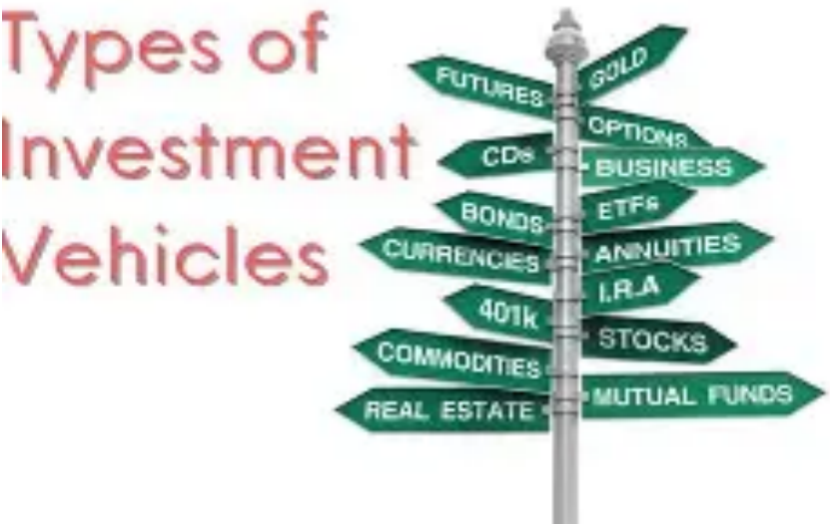Investing in Hard Tech: A Guide for All
In a time marked by fast technological progress, industries like hard tech, smart manufacturing, and the chip sector lead the way in innovation. Although it may appear that only big institutions or wealthy tech leaders have access to these fields, affluent individuals who invest wisely can find their own opportunities. This guide explains how everyday investors with ample financial means can successfully explore these promising but intricate investment areas.
Understanding the Landscape: Niche Opportunities
Advanced technology includes a wide range of innovative developments, such as quantum computing and robotics. Rather than attempting to cover the entire sector, it is more effective to concentrate on specific areas that show great potential for growth. For example, within quantum computing, startups focusing on error-correction methods play a vital role in making the technology commercially viable. Although these companies may not be widely recognized like major players in the industry, they present valuable opportunities for early-stage investors.

In smart manufacturing, blending artificial intelligence (AI) with the Internet of Things (IoT) is changing production methods. Companies developing advanced predictive maintenance tools should be closely observed. These tools process real-time data to foresee equipment problems, allowing manufacturers to minimize downtime and expenses. Industries like automotive, aerospace, and electronics show a high demand for these solutions.The chip sector, a fundamental part of today’s technology, presents its own unique opportunities. As 5G, data centers, and artificial intelligence continue to grow, the need for specialized chips is increasing rapidly. Pay attention to companies that focus on chips designed for edge computing, which allows data processing to happen closer to its source, minimizing delays. These chips are vital for technologies like autonomous vehicles and smart cities.
Investment Vehicles: Beyond Traditional Stocks
Funds such as Exchange-Traded Funds (ETFs) and mutual funds that concentrate on advanced technology, intelligent manufacturing, or the semiconductor industry offer choices for spreading out investments.Nonetheless, it's important to explore beyond the well-known funds. Certain niche ETFs are designed to follow specific sub-sectors, like those producing semiconductor equipment or AI-driven robotics companies. These options offer specialized exposure while avoiding excessive diversification risks.
Another avenue to consider is venture capital (VC) funds or private equity (PE) firms that concentrate on these areas. While it can be tough for individual investors to engage directly in VC deals, putting money into funds managed by skilled firms can give access to early-stage startups. These funds frequently have a history of spotting promising companies ahead of their public offerings, which could lead to significant returns.

Additionally, crowdfunding platforms create unique investment opportunities. Some of these platforms enable accredited investors to take part in equity crowdfunding for hard-tech startups. This allows involvement in innovative projects at their inception, although it entails higher risks due to the uncertainty surrounding many startups.
Mitigating Risks: A Prudent Approach
The sectors of hard technology, smart manufacturing, and chips experience considerable fluctuations due to fast-paced technological advancements and political events. To lower potential risks, it’s advisable to think about long-term investments. It often takes several years for technologies in these areas to develop and yield profits. For instance, a startup focused on quantum computing might need around ten years of research and development before reaching a point of commercial viability.It's important to spread your investments not just among various companies but also within different sub-sectors and regions. Tensions between countries, such as trade issues involving major economies, can greatly affect the chip sector. Investing in firms from various locations can help lessen the impact of these risks.

Keep yourself updated on changes in regulations. Around the globe, governments are becoming more active in influencing the future of hard tech and manufacturing. For example, initiatives that encourage local chip production could benefit domestic businesses, while new data privacy laws might affect AI-powered smart manufacturing systems.
Building a Network: Leveraging Expertise
For individuals with significant wealth, creating connections with industry specialists, analysts, and other investors can be greatly beneficial. Engaging in sector conferences, joining investment clubs that focus on technology, or participating in online forums can be advantageous. These connections can provide advance knowledge about new trends, exciting startups, and potential investment chances.You might want to think about bringing on a financial advisor who specializes in hard tech, smart manufacturing, and the chip sectors. These experts can assist in evaluating complicated investment options, understanding risks, and developing a personalized investing plan that meets your financial aspirations.
To sum up, investing in hard tech, smart manufacturing, and the chip sector is achievable for investors with substantial funds. By recognizing unique opportunities, considering various investment options, managing risks, and utilizing expert networks, you can harness the significant potential of these fields and create a portfolio that endures changing technology.
(Writer:Hoock)

